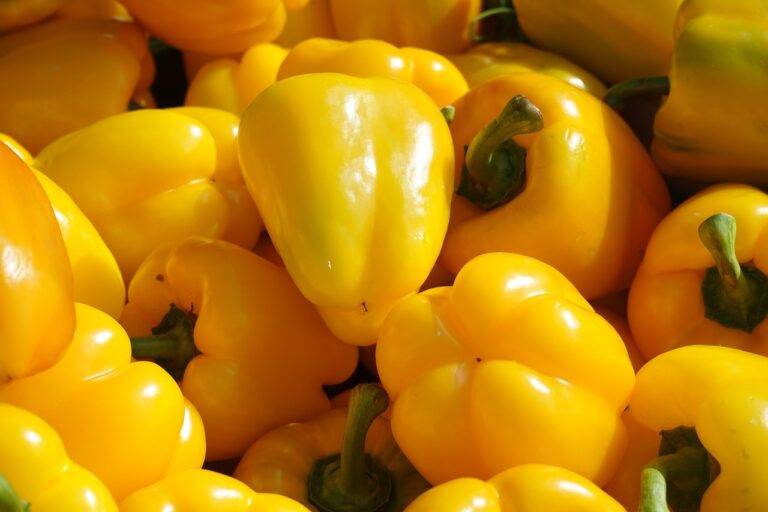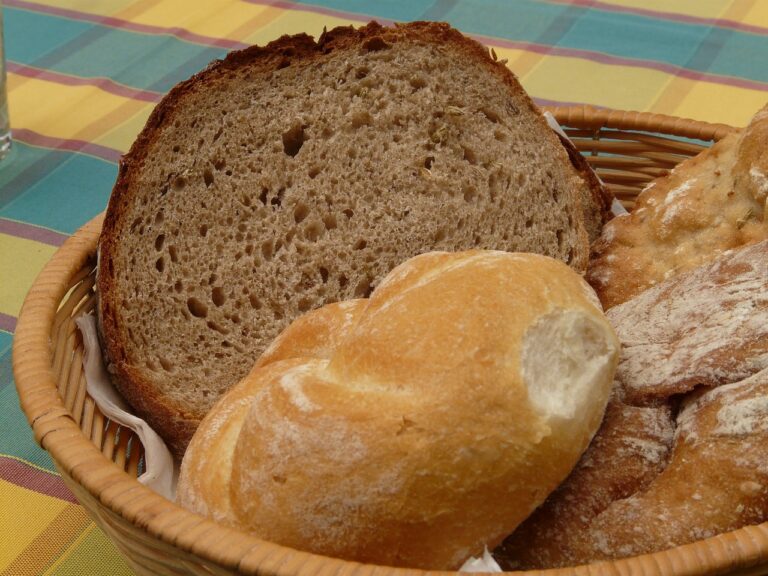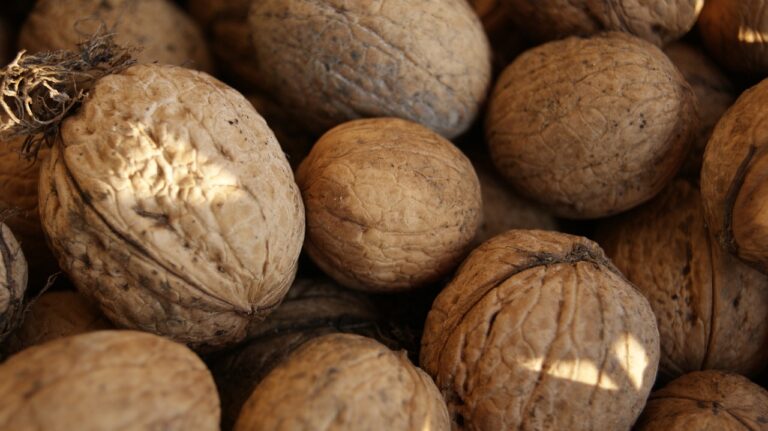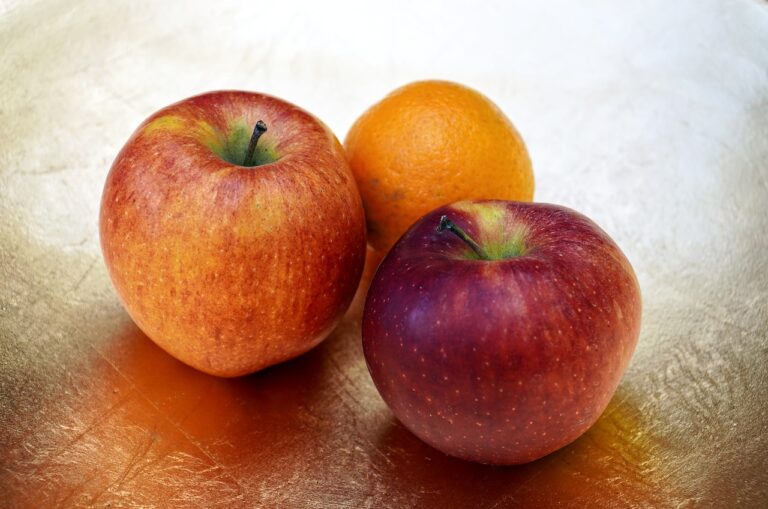Organic Olive Oil: Benefits and Production Methods: 11xplay sign up, King567 create account, Skyinplay agent login
11xplay sign up, king567 create account, skyinplay agent login: Organic Olive Oil: Benefits and Production Methods
Are you looking for a healthier alternative to regular cooking oil? Have you ever considered using organic olive oil? Organic olive oil is not only delicious but also packed with numerous health benefits. In this article, we will explore the benefits of organic olive oil, as well as the production methods used to create this liquid gold.
Health Benefits of Organic Olive Oil
Organic olive oil is rich in monounsaturated fats, which are considered heart-healthy fats. These fats can help reduce the risk of heart disease by lowering bad cholesterol levels and increasing good cholesterol levels. Studies have shown that people who consume olive oil regularly have a lower risk of heart disease compared to those who do not.
In addition to its heart-healthy properties, organic olive oil is also loaded with antioxidants. Antioxidants help protect the body from damage caused by free radicals, which are unstable molecules that can lead to various diseases, including cancer. The antioxidants found in olive oil can help reduce inflammation in the body and improve overall health.
Organic olive oil is also a great source of vitamin E, which is essential for healthy skin, hair, and nails. Vitamin E acts as a natural moisturizer, keeping your skin hydrated and preventing premature aging. Applying olive oil topically can help soothe dry skin and reduce the appearance of fine lines and wrinkles.
Production Methods of Organic Olive Oil
Organic olive oil is produced using traditional methods that have been passed down through generations. The first step in the production process is harvesting the olives. The olives are hand-picked from the trees to avoid damaging the fruit and ensure the highest quality oil.
Once the olives have been harvested, they are washed to remove any dirt or debris. The olives are then crushed into a paste using a stone or metal grinder. The paste is then mixed to help release the oil from the fruit.
The next step in the production process is pressing the paste to extract the oil. This can be done using a hydraulic press or a centrifuge. The oil is separated from the water and solids, leaving behind pure organic olive oil.
The final step in the production process is storing the olive oil in stainless steel tanks or dark glass bottles to protect it from light and heat. Proper storage is essential to maintain the quality and freshness of the oil.
FAQs
Q: Can organic olive oil be used for cooking?
A: Yes, organic olive oil is great for cooking as it has a high smoke point, which means it can withstand high temperatures without breaking down and becoming harmful.
Q: How should organic olive oil be stored?
A: Organic olive oil should be stored in a cool, dark place away from heat and light. It is best to use it within six months to a year of opening to enjoy its fresh flavor.
Q: Is organic olive oil better than regular olive oil?
A: Organic olive oil is produced without the use of synthetic pesticides, making it a healthier choice for you and the environment. However, both organic and regular olive oil can be beneficial when consumed in moderation.
In conclusion, organic olive oil is a versatile and healthy option for cooking and skincare. Its numerous health benefits and traditional production methods make it a valuable addition to any kitchen. So why not make the switch to organic olive oil today and experience the difference for yourself?







